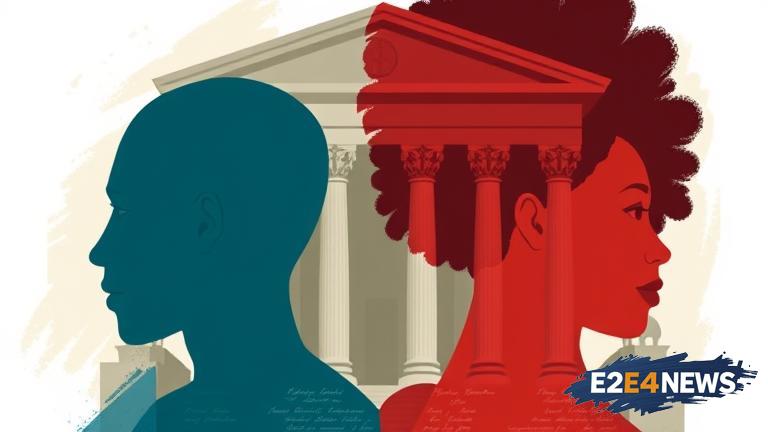The Supreme Court has recently made a highly controversial decision, voting 5-4 to reduce funding for minority health research by nearly $1 billion. This ruling has significant implications for the health and wellbeing of minority communities across the United States. The decision was met with widespread criticism from health experts, advocacy groups, and lawmakers, who argue that it will exacerbate existing health disparities. Minority health research is crucial for addressing the unique health challenges faced by communities of color, including higher rates of diabetes, heart disease, and certain types of cancer. By reducing funding for this research, the Supreme Court’s decision may perpetuate these health disparities and limit access to life-saving treatments. The ruling is also expected to have a disproportionate impact on low-income and rural communities, which already face significant barriers to healthcare access. Health experts warn that the funding cuts will lead to a decline in the quality of care provided to minority patients, as well as a reduction in the number of healthcare providers serving these communities. The decision has also sparked concerns about the role of politics in shaping healthcare policy, with some arguing that the ruling is a clear example of the Supreme Court’s conservative bias. Despite the criticism, the Supreme Court’s decision is final, and the funding cuts will go into effect immediately. The impact of the ruling will be closely monitored by health experts and advocacy groups, who will be working to mitigate the effects of the funding cuts and ensure that minority communities continue to receive the healthcare they need. The decision is a significant setback for efforts to address health disparities and promote health equity in the United States. It is also a reminder of the ongoing struggle for social justice and equal access to healthcare, particularly for marginalized communities. As the country moves forward, it is essential to prioritize the health and wellbeing of all individuals, regardless of their race, ethnicity, or socioeconomic status. This will require a concerted effort from policymakers, healthcare providers, and community leaders to address the systemic barriers that prevent minority communities from accessing quality healthcare. The Supreme Court’s decision is a wake-up call for the nation, highlighting the need for greater investment in minority health research and a more comprehensive approach to addressing health disparities. By working together, we can create a more just and equitable healthcare system that serves the needs of all individuals, regardless of their background or circumstances. The funding cuts will also have a significant impact on the economy, as a healthy workforce is essential for productivity and economic growth. Furthermore, the decision may lead to a brain drain in the field of minority health research, as scientists and researchers may be forced to seek funding elsewhere. The Supreme Court’s ruling is a clear example of the need for greater diversity and representation on the court, as well as a more nuanced understanding of the complex issues that shape our healthcare system. Ultimately, the decision to cut funding for minority health research is a step backwards for our nation, and it will require a sustained effort from advocates and policymakers to restore funding and promote health equity. The road ahead will be challenging, but it is essential that we prioritize the health and wellbeing of minority communities and work towards creating a more just and equitable healthcare system. The Supreme Court’s decision is a reminder that the struggle for healthcare justice is ongoing, and it will require continued activism and advocacy to ensure that all individuals have access to quality healthcare, regardless of their background or circumstances.
